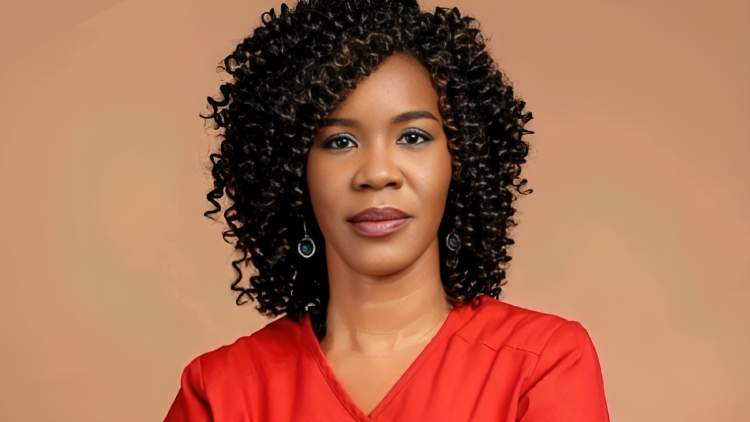Miriam Mutebi shared a post on LinkedIn:
“Today, a patient came in for her first mammogram at age 54.
When I asked if she’d ever had one, she responded, “Why should I go looking for trouble?” This mindset is not uncommon in Africa, even among healthcare workers (HCWs). There’s a deep-rooted belief that if you feel fine there’s no need to seek medical attention.
Health-seeking behavior plays a critical role in determining cancer outcomes. Unfortunately, many people delay seeking care until symptoms become unbearable. This delay often leads to late-stage cancer diagnoses when treatment options are more extensive, more expensive, & less effective.
Cultural misconceptions also contribute to the problem. In many African communities, cancer is stigmatized-viewed as either a death sentence or as punishment for past wrongs. These beliefs deter people from seeking early medical attention.
Limited access to healthcare is another barrier. Cancer services are typically concentrated in urban areas, leaving rural populations with few or no viable options for diagnosis or treatment. The financial & logistical challenges of traveling long distances discourage patients from seeking timely care. Many insurance & care providers will not cover the costs of screening leading to out-of-pocket expenditures.
Moreover, the high cost of cancer treatment in many low-and middle-income countries (LMICs) forces patients to bear the financial burden themselves. As a result, many avoid seeking help until the disease has progressed, which only compounds the difficulty of delivering effective treatment.
Paradoxically, while there’s a fear of “finding trouble,” up to 30-50% of cancers are preventable (WHO). Early detection therefore reduces the need for aggressive interventions, minimizes treatment, saving on healthcare costs.
Despite healthcare systems & HCWs being partners in our health journey, we are the primary drivers and must take the lead in managing our well-being.
How?
1. Learn how your body works. It is useful to understand the basics of how our bodies work, and what is needed to keep you healthy.
2. Listen to your body. Often, your body signals when something isn’t right. In our busy lives we tend to ignore these signs, but paying attention is crucial.
3. Ask questions. Healthcare professionals are no longer paternalistic and are here to support you. They will offer guidance & direct you to the right information to ensure you make informed decisions about your health.
4. Take charge. Eating healthy & exercising decreases the risk for the 2 top illnesses – cancer and cardiovascular disease. Small incremental changes go a long way toward developing a healthier lifestyle.
Public health campaigns must focus on raising awareness about the importance of early detection, debunking myths, and promoting routine screenings. With collective effort and partnerships—both local & international—we can normalize preventive care and improve cancer outcomes in Africa.”

Source: Miriam Mutebi/LinkedIn
Miriam Mutebi is a Breast Surgical Oncologist and Assistant Professor in the Department of Surgery at the Aga Khan University Hospital in Nairobi, Kenya. She is the President of the African Organization for Research and Training in Cancer (AORTIC), and past president for Kenya Society of Hematology and Oncology (KESHO) and on the Board of Directors of the Union for International Cancer Control (UICC).
She is the co-founder of the Pan African Women’s Association of Surgeons and is part of the Kenya Association of Women Surgeons. She is an avid supporter for the education and support for women, especially in surgery and she aims to provide mentorship for women in surgery and to improve women’s health and surgical care in Africa. She is currently pursuing a pilot’s license in order to extend breast care services to marginalized areas.


